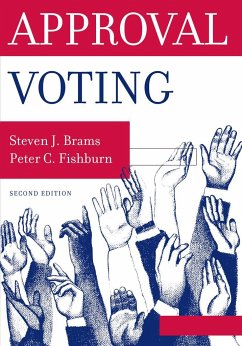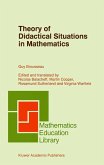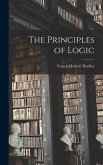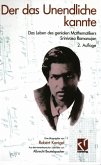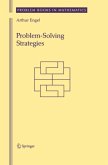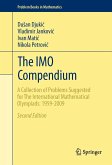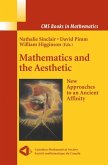"Approval Voting" proposes a compelling way to elect some 500,000 officials in public elections. Under this system voters may vote for, or approve of, as many candidates as they like in multicandidate elections. Among the many benefits of approval voting are its propensity to elect the majority candidate (rather than the strongest minority candidate, as often occurs under plurality voting), its relative invulnerability to insincere or strategic voting, and - by offering voters the opportunity to influence election outcomes more equitably - a probable increase in voter turnout.
Since the publication of the first edition of this book, its arguments in favor of an election reform practically unknown in 1983 have stood the test of time. Perhaps the proof of the pudding lies in the adoption of approval voting by about a dozen professional societies - several with tens of thousands of members - and their generally favorable experience with it. After a generation of discussion and debate on the subject, the authors remain convinced that "Approval Voting" is as relevant today as it was when rigorous analysis and systematic empirical research on this election reform began more than 30 years ago.
Hinweis: Dieser Artikel kann nur an eine deutsche Lieferadresse ausgeliefert werden.
Since the publication of the first edition of this book, its arguments in favor of an election reform practically unknown in 1983 have stood the test of time. Perhaps the proof of the pudding lies in the adoption of approval voting by about a dozen professional societies - several with tens of thousands of members - and their generally favorable experience with it. After a generation of discussion and debate on the subject, the authors remain convinced that "Approval Voting" is as relevant today as it was when rigorous analysis and systematic empirical research on this election reform began more than 30 years ago.
Hinweis: Dieser Artikel kann nur an eine deutsche Lieferadresse ausgeliefert werden.
"This book is the second edition of a classic book. In the preface to this new edition, the authors write: ``We have decided not to revise Approval Voting, except to make minor corrections to the initial text". I can only refer to my review of the first edition and add that I think that, even after nearly 25 years, this is the best place to learn about Approval Voting, a major voting procedure. This is the extemely rare example of a book that does not look its age." --Maurice Salles for Zentralblatt MATH

